According to Monster, 69 percent of employees are experiencing burnout symptoms while working from home. However, not everyone knows they are experiencing this condition. This might be because working-from-home burnout doesn’t have a unique indicator and affects both the emotional and physical state. Let’s take a look at what burnout means and how to easily identify it.
What Is Burnout?
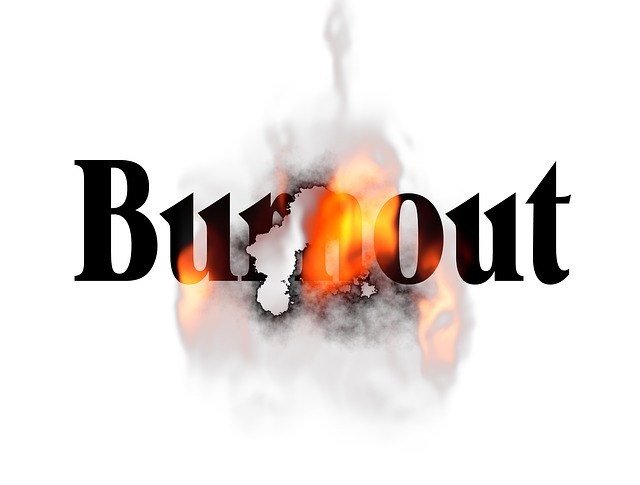
The World Health Organization defines burnout as:
- The psychological feeling of loss of energy
- Loss of enthusiasm toward your job
- Drastic drop in professional productivity and efficacy
In other words, burnout is the loss of energy, enthusiasm, or productivity. Burnout sneaks in on its victims quietly, so it is crucial to be able to identify its early signs.
Signs of Burnout
1. Drop in productivity
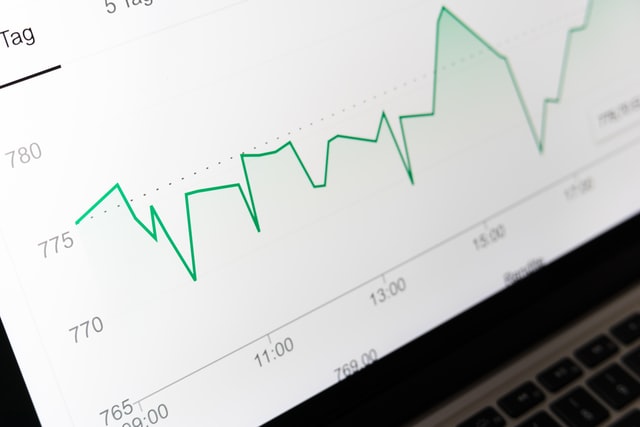
This is the biggest sign of burnout. Your level of productivity starts to drop gradually. You’ll quickly observe it from your dwindling speed of delivery. A task that formerly took 45 minutes to finish and now takes twice that time to finish could be burnout.
2. Lack of motivation
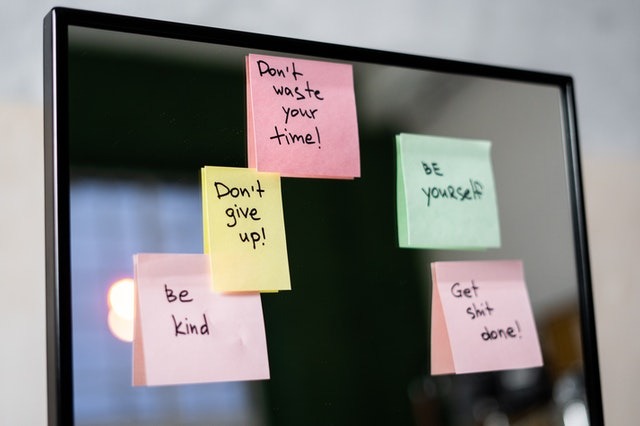
In this situation, the passion or drive for your job no longer propels you to accomplish tasks. Perhaps the weekly pay which used to motivate you no longer has an effect. In such a situation, your motivation curve starts flattening. Demotivation in the form of resentment for the job could also set in.
3. Increased error rate
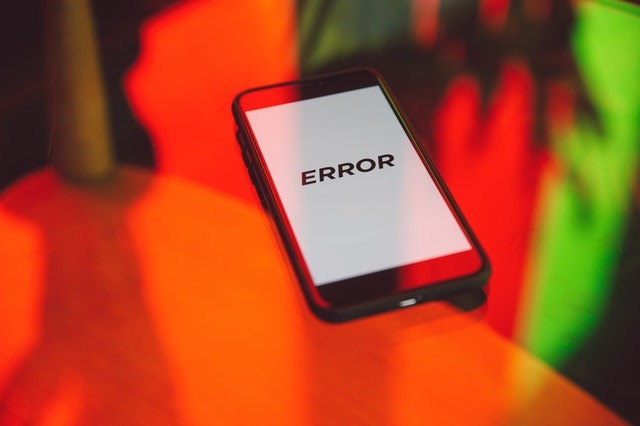
Burnout also showcases itself in the form of increased error rates. You may not even be aware of the errors, but your colleagues or clients end up spotting the high error count. It could worsen if it leads to a query from your supervisor or loss of clients.
4. Absent-minded

When burnout sets in, you’ll begin to forget many activities and tasks. This is because you won’t be motivated enough to craft a to-do list every day. You may not even follow it if you do create one.
5. Frustration

Generally, when there’s no motivation to carry out a task, the task seems more difficult, but all your daily tasks will become more difficult. With a perceived increase in difficulty of tasks, you’re more likely to feel burdened. What follows is a feeling of frustration, which leads to you complaining loudly about your job/tasks.
6. Hostility

Once you find yourself being hostile to your clients and the people around you for no reason, it may be as a result of burnout. Immaterial things may begin to get you irritated and infuriated. At the highest stage of burnout, you’ll have zero tolerance for any form of criticism from anyone.
The Five Stages of Working-from-Home Burnout
The aforementioned signs of burnout all denote different stages you may be in within the burnout cycle. Here’s how to know what stage you’re in if you are currently experiencing any of the above signs while working from home.
1. Honeymoon Phase
At this stage you have just started working from home, and you love the idea of not leaving your home early in the morning. You no longer have to fuel your car to get to work or catch the bus. You’re highly motivated, and your productivity level is hitting the roof.

The eagerness prevents you from noticing the signs of potential burnout and stress at this stage.
Common signs of the honeymoon phase:
- High level of motivation
- Job satisfaction
- Looking forward to work
- High productivity
- Sustained high-energy level
- Innovative creativity
2. Onset of Stress
At this stage you’ll start noticing some things you don’t like about your job. The signs of burnout become a little more prominent. It begins to dawn on you that working at home isn’t as interesting as you thought it would be. Or maybe it’s not as rewarding as you had thought.
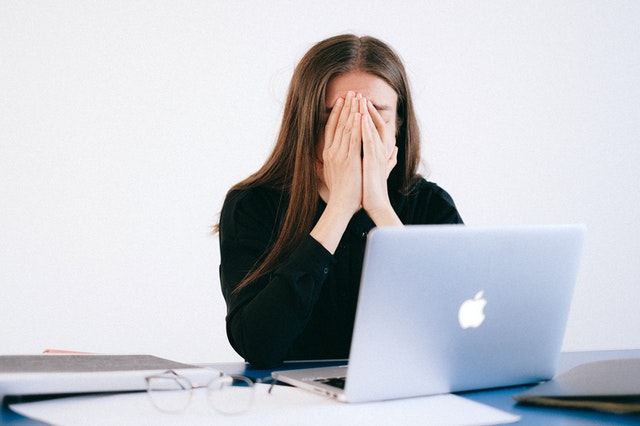
If you don’t work on your morale at this stage, you may enter the third stage soon. This stage is laced with some elements of stress and anxiety.
3. Chronic Stress
Your stress level increases at this stage. The signs of stress will be written all over you. The gradual loss of productivity begins at this stage. Your pace will reduce too, and you may start missing deadlines.

Your initial job satisfaction may begin to wane. In fact, you may ask yourself if your choice of job was the right one. It may affect your sleep quality, too. You may become aggressive toward those around you and may also encounter a bit of anxiety and restlessness.
4. Burnout
As its name implies, this is the main burnout stage. You’ll encounter most of the symptoms listed above at this stage. You’re no longer motivated, and your productivity will have plummeted. You’ll begin to drop a lot of balls, and your error rate will become high.

Even people around you will notice that all is not well with you, although they may not be able to figure out what the problem is. One thing will be utmost on your mind – change of job/environment. The solution may require clinical stress management.
5. Habitual Burnout

Here, both stress and burnout may become a part of you. At this stage, you could also encounter some physical medical conditions like fatigue, irregular breathing, or chest pain. What appears to be the hopelessness of your situation will hit you. This stage requires serious medical intervention and constant monitoring.
Causes of Work-from-Home Burnout

As stated earlier, burnout steadily creeps up on you, and it is important to identify the possible causes to put yourself on a path of burnout recovery. Some of the common causes of burnout are:
- High workload
- Inadequate support from other colleagues or manager
- Poor remuneration
- Unfair treatment
- Overstretching yourself beyond your limits
Conclusion
You should always remember that the best way to treat burnout is to prevent it by taking your relaxation seriously. When you close for the day, unwind and forget about work until the following day. There’s more to life than only work. Try to engage in recreational activities that you love regularly and just enjoy your life.
